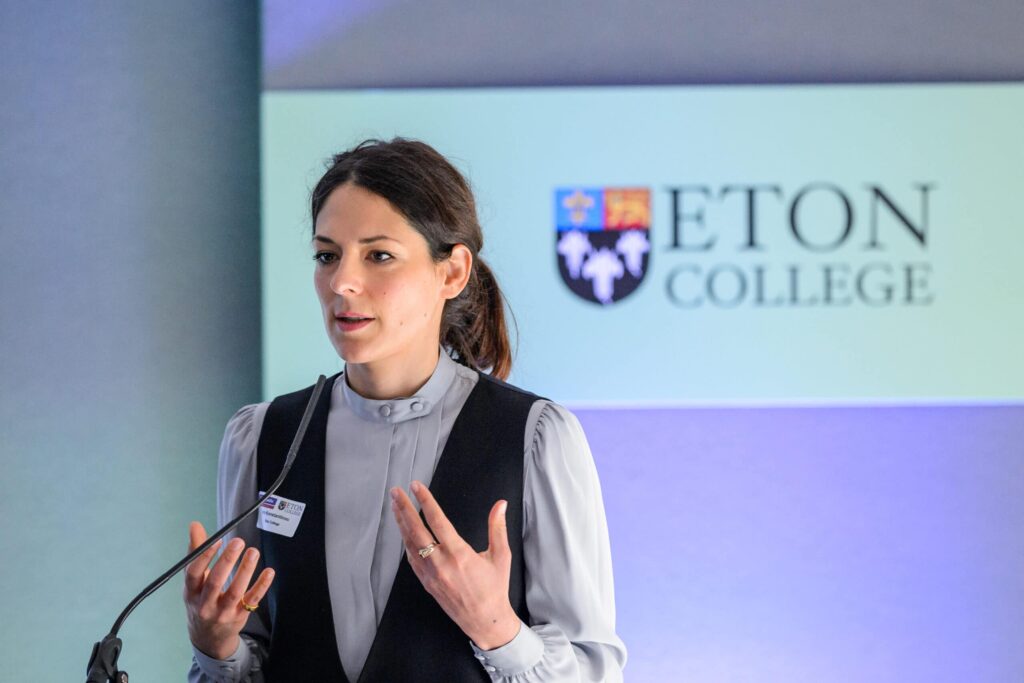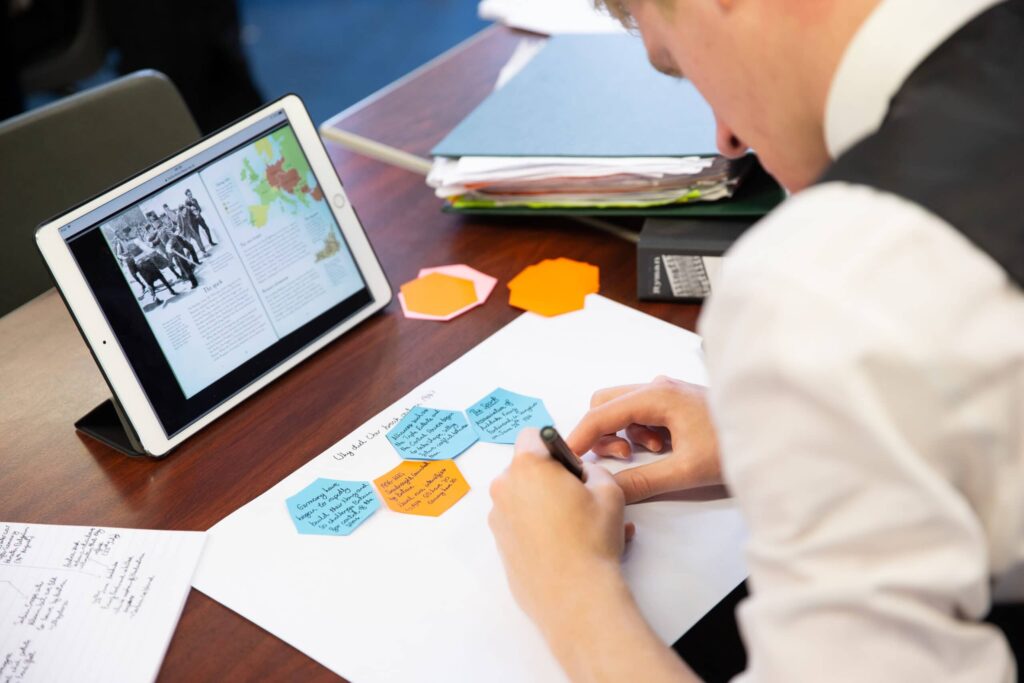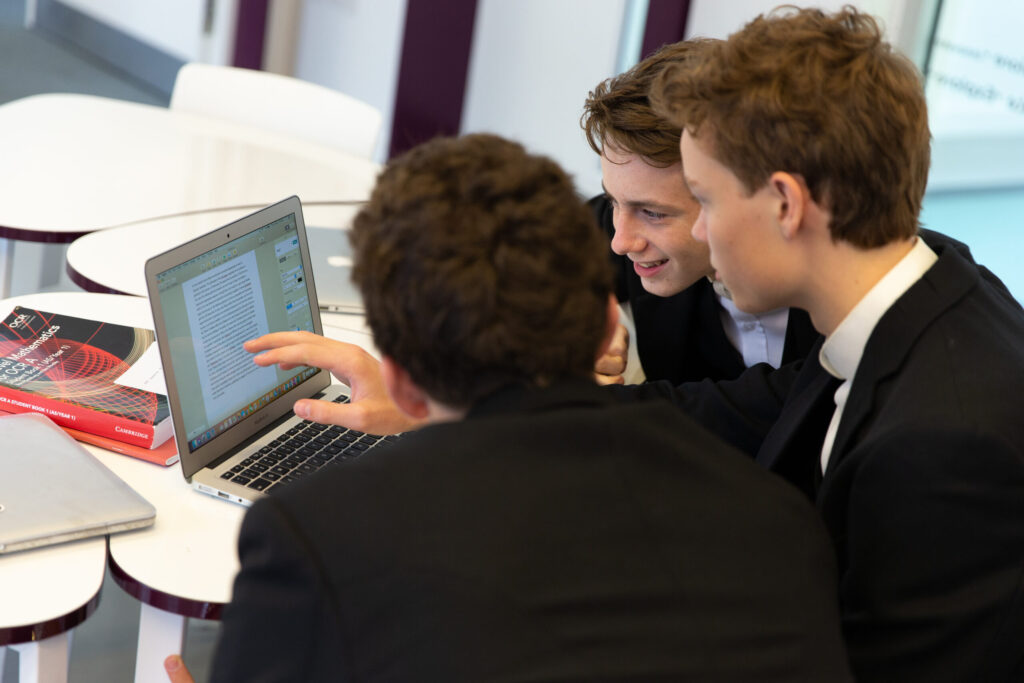Zoom Webinar Series, June 2020
Update, July 2020: the recordings of these webinars are now available on our podcast: see here for the webinar on independent state school partnerships and here for the webinar on international collaboration.
CIRL will host two Zoom webinars during June 2020, on Collaboration in Education after Covid-19. The webinars are free and open to all. The webinars will feature panels of experts speaking on the following areas:
- Wednesday 17 June, 4-5.30pm BST: Independent State School Partnerships (‘ISSPs’)
- Wednesday 24 June, 4-5.30pm BST: International Collaboration
Panel talks will focus on two questions in particular:
- What opportunities does collaboration offer for improving education after the crisis?
- What changes are needed in collaboration in response to the pandemic and what are the best ways to implement these changes?
Questions concerning what constitutes effective collaboration in education and how to best collaborate have been made more urgent by the Covid-19 crisis. Collaboration in education, nationally and internationally, is an area where we may see major changes following the pandemic.
Effective collaboration offers the means for improving education in terms of educational development, innovation, reform, research and strategy, and the sharing of resources. It is also important for reducing inequality – both in education and at the socioeconomic level, nationally and internationally.
Inequalities have been exacerbated by school closures, which have precipitated a regression of progress made over the past decade in reducing the educational attainment gap. The global projections from a recently published report by the Education Endowment Foundation ‘suggest that school closures will widen the attainment gap between disadvantaged children and their peers, likely reversing progress made to narrow the gap since 2011’, with a median estimate indicating that it will widen by 36%.
The lockdown has resulted in half the world’s student population – over 850 million students – being out of school or university. Many of these students have not received any formal education at all in recent months. Those who have not received formal education include students with extremely limited access to the Internet and technology – such as many children living in rural areas of low-income countries. Those who have continued to receive formal education have done so remotely, mostly through online teaching and learning. The much greater need for remote education has led to huge changes in approaches towards teaching and learning, worldwide and at all educational levels.
Education has relied on technology more than ever before during the crisis. Educational technology (‘ed tech’) has become a far more familiar part of the everyday lives of many educators and students in recent months, familiarising many people with technology that they might not have used for years to come, if ever.
The potential of ed tech is huge. But an increased use in ed tech raises important ethical questions, such as questions about privacy. Technology privacy laws vary across countries, so one of the challenges facing international collaboration is how to engage in ethical collaboration in a world in which ed tech is becoming the most important area of educational innovation.
Ed tech provides greater opportunities for collaboration, and collaboration is required to address the inequalities exacerbated by the pandemic. As we saw in last week’s blogpost, for families and schools with extremely limited or no access to the Internet, fundamentally different approaches towards ed tech are required. As ed tech continues to make rapid and significant advancements and the number of students receiving education online also increases, greater focus needs to be paid to the importance of providing educational opportunities for those with limited or no Internet access, otherwise the gap in educational outcomes will widen.
Other important issues concerning collaboration include the opportunities that an increase in virtual education provides for ISSPs (‘virtual ISSPs’). ISSPs are often formed as cluster groups of schools situated relatively close to one another. Ed tech provides opportunities for wider national and international collaboration; and the pandemic has made the need for greater collaboration more urgent.
The webinars aim to bring together educators, educational researchers, and members of educational organisations to discuss the above issues and others. The panel will speak for up to an hour, after which attendees will have the opportunity to ask questions. Online forms are available ahead of webinars into which prospective attendees can enter questions, and attendees will also be able to raise questions during webinars. (See below for links to the forms.)
CIRL plans to produce a report this year which outlines best practice for educational collaborations and partnerships. This report will build on the work done by Schools Together. These webinars will provide valuable input to that report. The webinar audio recordings will be made available on the CIRL podcast.
Information on the panellists and links to sign up for the events are below.

Independent State School Partnerships
- Wednesday 17 June, 4-5.30pm BST
- Sign up here
- If you’d like to raise a question ahead of the webinar to ask the panel, enter it here
Panel Speakers

Tom Arbuthnott is Deputy Head for Partnerships at Eton College and oversees the school’s strategies to widen access to talented boys from diverse backgrounds. He also oversees Eton’s strong and multiple relationships with state sector schools and the community engagement programme, as well as annual summer schools and school communications.
Arbuthnott took degrees from both Oxford and Cambridge universities and worked in Brussels and London for a European Parliament think tank before training as a teacher in 2004. From 2010-16, he led an award-winning outreach programme at King Edward’s School, Birmingham.
An Old Etonian himself, he returned in 2016 as Eton’s first Director of Outreach and Partnership and in 2017-18 he served as Chair of the Schools Together Group. In 2019, Arbuthnott oversaw the launch of the Thames Valley Learning Partnership, creating a foundation for collaborative and effective cross-sector relationships between local schools.

Anushka Chakravarty is Assistant Head (Academic) at the London Academy of Excellence (LAE), a leading state sixth form in Stratford, London. A central part of her role involves oversight of the school’s careers and progression programme and its Oxford and Cambridge provision. A former barrister, Chakravarty specialises in giving state sector students the best possible preparation for top universities, especially those from disadvantaged backgrounds.
LAE was awarded in 2020 with 37 Oxford or Cambridge offers from a year group where 30% were eligible for free school meals, one-third were from backgrounds of real disadvantage and 54% were in the first generation of their families to go to university. Chakravarty works closely with six independent schools in devising this programme, including Brighton College, Caterham, Eton College, Forest School, Highgate School and University College School Hampstead. She is also a governor for Haggerston School in Hackney.
Arbuthnott and Chakravarty are co-editors of The Missing 2000, a recently published report which comprises case studies that aim to demonstrate how, across the country, independent schools are working with state schools to support university entry for more disadvantaged students.

Brian Crosby is Chief Executive Officer and Trustee of the Hope Learning Trust. Brian started his career as a science teacher at Selby High School and became Head of Science at Archbishop Holgate’s School in York before promotion to Assistant Headteacher in charge of Curriculum. He was appointed Headteacher of Manor Church of England Academy in 2002 before moving to become Chief Executive of the Hope Learning Trust in 2016. Hope currently serves five primary and five secondary schools in York and Scarborough, with 500 children and young people and 720 staff. Crosby was one of the co-founders of the York ISSP, which has brought together over 5,000 young people from all York schools. Brian is a National Leader of Education and Manor Church of England Academy is a National Support School which achieved Teaching School status in 2012. Brian has worked closely with the National College for Teaching and Leadership and the National Society of the Church of England.

Julia Harrington is Headmistress at Queen Anne’s School, one of five schools in the United Westminster and Grey Coat Foundation, a foundation comprised of three independent and two state schools across south-east England. She is founder and chief executive officer of BrainCanDo, an educational neuroscience and psychology research centre, and is co-editor of The ‘BrainCanDo’ Handbook of Teaching and Learning, forthcoming from Routledge in July. She has featured in and been interviewed by publications and media outlets including the Times, the Telegraph, the Guardian and the BBC.
Harrington joined Queen Anne’s School as headmistress in 2006 and founded BrainCanDo in 2013. Prior to joining Queen Anne’s, she was deputy head at Prior Field’s School (2003–6), where she also taught history and government and politics. Before training as a teacher, she worked for the Independent Television Companies Association and trained as a psychodynamic counsellor.
International Collaboration
- Wednesday 24 June, 4-5.30pm BST
- Sign up here
- If you’d like to raise a question ahead of the webinar to ask the panel, enter it here
Panel Speakers

Julia Handelman-Smith is Head of Internationalism at the British Council. She has over 15 years’ experience in international relations, working with diverse partners in the arts, government, civil society and enterprise. Julia joined the British Council in Brussels after working in the music industry and the European Commission. Subsequent postings followed in Israel, Northern Ireland, and France, as well as a short tour in the Middle East in 2006. Her current role is to shape the British Council’s strategic ambition to enable all young people in the UK to develop international connections and skills.
In 2009, Handelman-Smith was Creative Director and Producer of the 2012 BBC Documentary Shalom Belfast. Non-fiction writing based on her experiences in Israel appears in the collection Unholy Land: An Unconventional Guide to Israel (Repeater Books/Random House, 2017).

Dr David Johnson is Sub Warden and Professorial Fellow of St Antony’s College and University Reader in Comparative and International Education in the Department of Education at the University of Oxford. He convenes Oxford’s Centre for Comparative and International Education and recently held the position of Chen Yiden Global Visiting Fellow at Harvard.
Johnson is a Chartered Educational Psychologist whose interests include tracking learning progression in national education systems. He is a consultant to the World Bank and has led national learning assessments in Sudan and Nigeria, curriculum renewal in Rwanda, and time series studies of learning in Sierra Leone. He was until recently the Programme Research Lead for the ESRC-DFID Raising Learning Outcomes in Education Systems research programme. He studies the impact of uncertainty on education and has directed research on this topic for the Aga Khan Foundation. He is launching a research programme on ‘Education, Purpose, and Human Flourishing in Uncertain Times’ this year with support from the Templeton World Charity Foundation.

Dr Ricardo Sabates is a Reader in Education in the Faculty of Education at the University of Cambridge. He is also a member of the Research on Equitable Access and Learning (REAL) Centre. Sabates’ areas of research focus on inequalities in access and learning as well as the role of education in reducing wider social inequalities over the course of life. Sabates has extensive experience collaborating with researchers in the Global South, particularly in Ghana, Tanzania, Ethiopia, Rwanda, India and Pakistan. His collaborative work has supported Pratham’s approaches to enhancing community-school relations; the PAL Network for the engagement of citizens in assessments at community level; and the expansion of the Complementary Basic Education Programme in Ghana, among others.

Professor Noah W. Sobe is Senior Project Officer in the Future of Learning and Innovation team at UNESCO where he helps to lead the Futures of Education: Learning to Become initiative. He is former president of the Comparative and International Education Society (CIES), editor of the academic research journal European Education, and on leave from a faculty position as Professor of Cultural and Educational Policy Studies at Loyola University Chicago.




